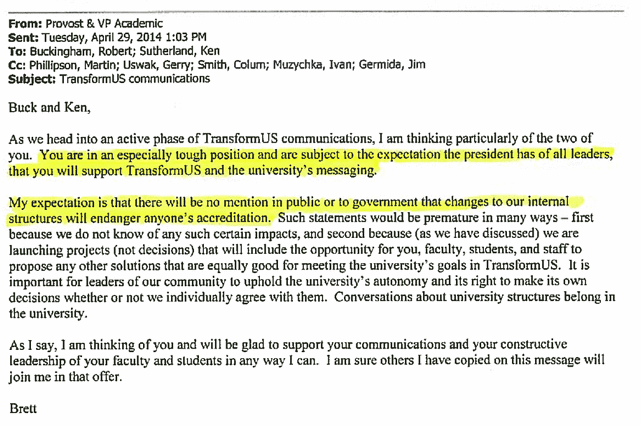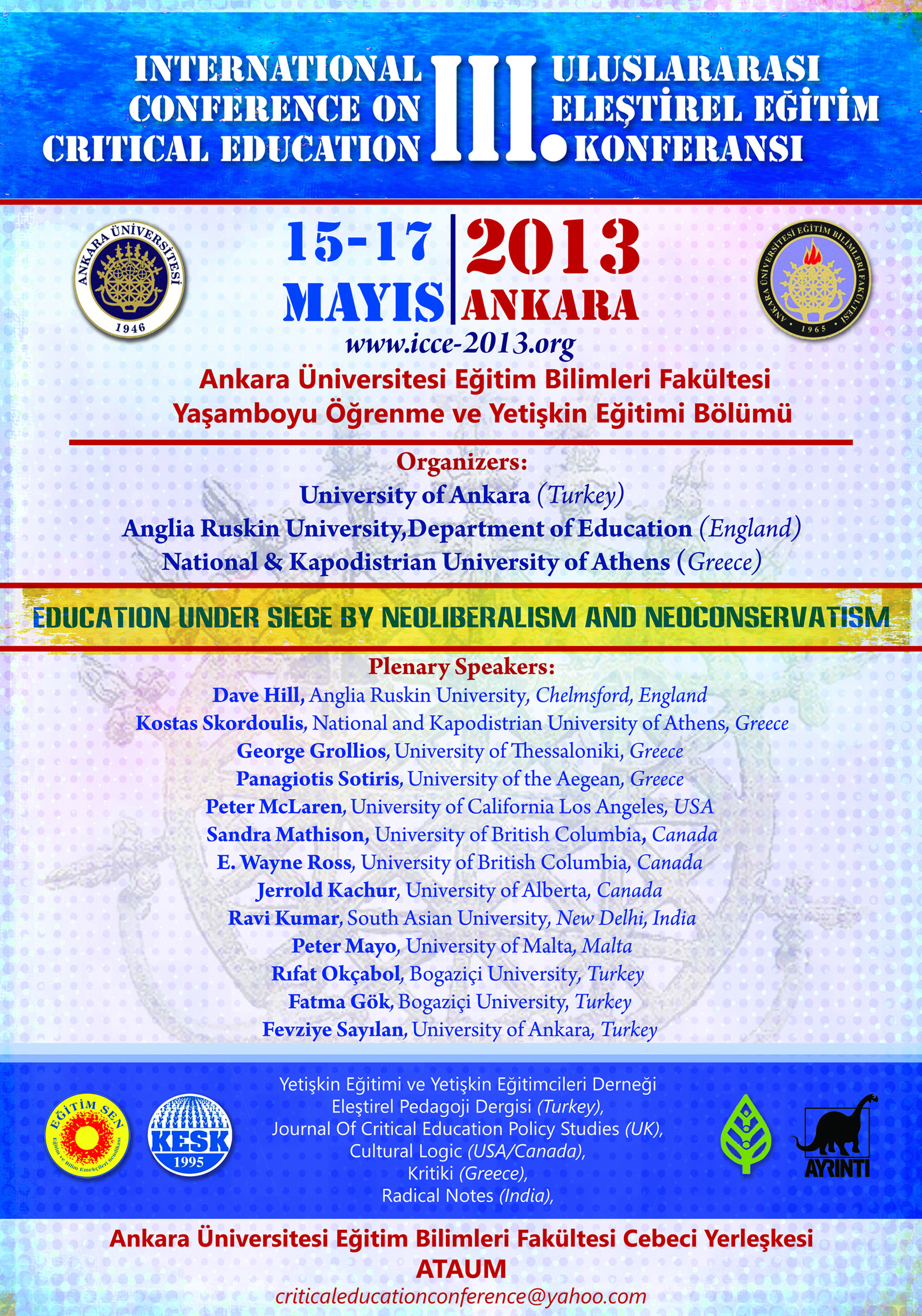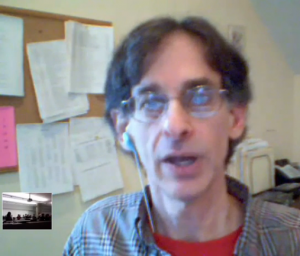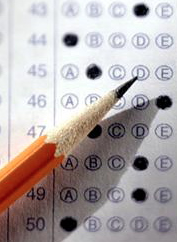Lakoff and Johnson’s Metaphors We Live By changed forever complacency about the structure of language by showing how deeply rooted metaphors are constitutive of the way we think and act rather than simply flowery poetic forms of language use. These metaphors are deeply embedded and can be simple (up is good) or multi-faceted (love is a journey; argument is war). Metaphors simplify what is complex or new and they are never neutral but communicate values and ideologies, often shifting or diverting attention in their use.
There is no doubt in British Columbian’s minds the BCTF and the BC government do not have a warm fuzzy relationship. Indeed the working relationship between the two has seriously deteriorated over the past 10+ years. The current labor conflict between the British Columbia Teacher Federation (BCTF) and the British Columbia government has politicians, pundits, students, and others saying labor and management is a marriage. The marriage metaphor now crops up to offer ‘a way forward’ in labor-management in BC public education.
Let’s be clear about one thing to start. This metaphor is not meant to be a universal metaphor for labor-management… would anyone think the locked out IKEA workers and IKEA or the teamsters and the Port Authority are married to one another? Not likely. Here are a few illustrations of the marriage metaphor being used to (re)construct labor-management in BC public education. Note that the inclusion of students as off-spring of the BCTF-BCEd marriage is the core idea upon which the metaphor turns.
Like any troubled marriage, it is ultimately the children who are hurt in the bickering and squabbling. But unlike a family breakup, there are 558,985 public school students affected. Divorce is simply not an option. (Andrew Weaver, MLA)
But unlike a constantly quarreling couple that should just split up and go their separate ways, the provincial government and the teachers’ union can’t get a divorce — not now, not ever. The sour marriage desperately needs counselling, especially if we don’t want the relationship to affect the kids, in this case B.C. students. (Bill Tieleman, The Tyee)
To say a dysfunctional relationship between two parents doesn’t affect the children would be an outrageous lie. The relationship between the BCTF and the province is very much the same and the effects are mostly felt by the students. (Jacob Smith, 12th grade student)
The marriage metaphor, as it is used in these cases, draws on a few key ideas: there is a couple (BCTF and BCEd), they have children (all students in BC schools), and the parents have common goals and whatever differences they have in achieving those goals must be sorted out for the sake of the children (students) because divorce is out of the question (hmmm, what kind of marriage is this?), and if needs be counseling (BC Labor Relations Board Relationship Enhancement Program) should be sought to overcome differences between parents.
Does the Marriage Metaphor Work?
Paranthetically, the marriage metaphor at least gives us a respite from the education as market with children/families as consumers metaphor that is even more ubiquitous in discussions of public education.
So BCTF and BCEd as a troubled married couple with children works if the marriage reflects an abusive relationship, where one partner (BCEd) has forced and bent the other (BCTF) to its will. The fact that twice the BC Supreme Court has ruled that the government acted illegally is plenty of evidence of abuse, and the government’s unwillingness to make things right suggests the abuse is ongoing. (So court rulings as a marital counseling strategy don’t appear effective.)
The marriage metaphor may be more tenuous in assuming that both partners share the same goals, in this case doing right by the kids. Let’s assume that this is a common goal, but what each partner means by doing right by the kids may be fundamentally different. For example, one need not be too cynical to suggest BCEd’s doing right by the kids is to encourage individualism, focus on vocational, jobs oriented education, get those kids out on their own as soon as possible and contribute to the economy. And, although maybe a bit generous, BCTF’s doing right by the kids is in creating a more comfy, tenable, child-friendly workplace for themselves which will in turn make for happy children. These are not trivial, just humorous differences.
And the success of the metaphor hinges on the possibility that counseling will not just be helpful, but will be THE means for overcoming differences. In this counseling BCEd will face up to the fact its been abusive and learn new strategies for being a fair and equitable partner. BCTF will learn new and less disruptive strategies for asserting itself (no more strikes!). (We’ve seen already that legal rulings haven’t been an effective couples therapy, and it’s an open question whether the LRB programs would be.) Meanwhile, the kids are alright (well not really, because this metaphor silences students and strips their agency, in and out of school). I’m no expert on marital counseling, but I’m thinking this remedy has limited potential for success; optimistically, maybe 50-50 for a kiss and make-up and ‘moving forward.’
The labor-management as marriage metaphor diverts attention from fundamental and healthy conflict over the purposes and interests served by public education. The current BC neo-liberal oriented government interests are not the same interests of the poor and working class, First Nations communities, rural and inner city communities, education workers, many parents.
Other Metaphors to Ponder
How ever we think about public education and the relationship between the BCTF and BCEd we will be thinking metaphorically. It’s important for us to use our metaphors wisely and mine them for understanding and taking action. Maybe the marriage metaphor has some traction in finding ‘a way forward’, although I doubt it. Perhaps we should be finding ‘our way home’ or ‘destroying the system’ or ‘moving on,’ but those are metaphors for another day.
Now that we are on to the power of metaphor, let’s think about Labor-Management as…
- war
- argument
- ladder
- contest
- duel
Over to you.

 Follow
Follow
 THE CASE OF THE MISSING SCULPTURE
THE CASE OF THE MISSING SCULPTURE





Weaker teacher unions won’t improve schools
In the Connecticut state legislature a bill was passed last month that establishes the important role unions play school reform: “The lawmakers’ vote indicates they recognize that collective bargaining helps establish mutual respect between teachers and management, essential to accelerating student improvement. It also anchors the change process in good faith, written agreements, and a formal dispute resolution process, making everyone accountable by clearly setting expectations.” Read more.
Leave a comment
Posted in Commentary, Government, Teachers, Unions